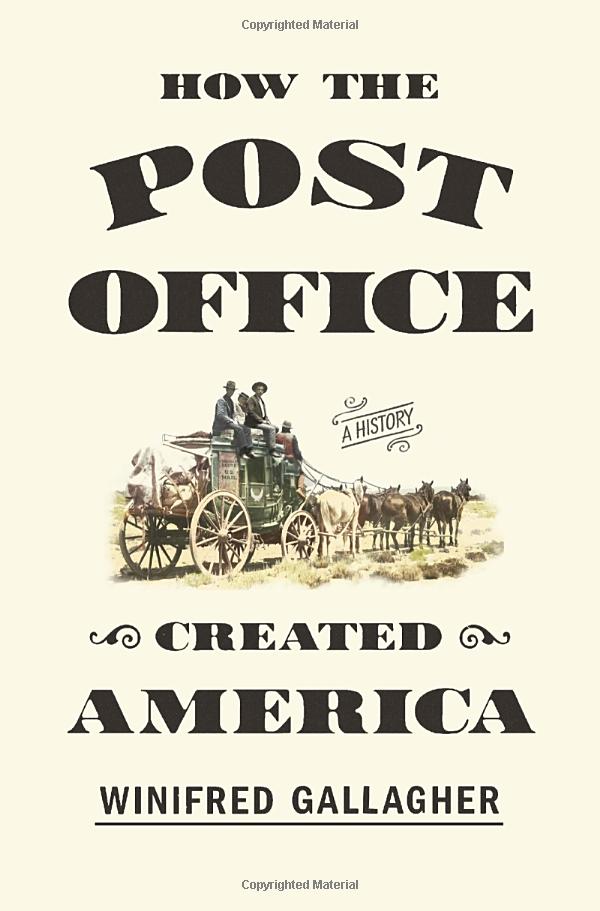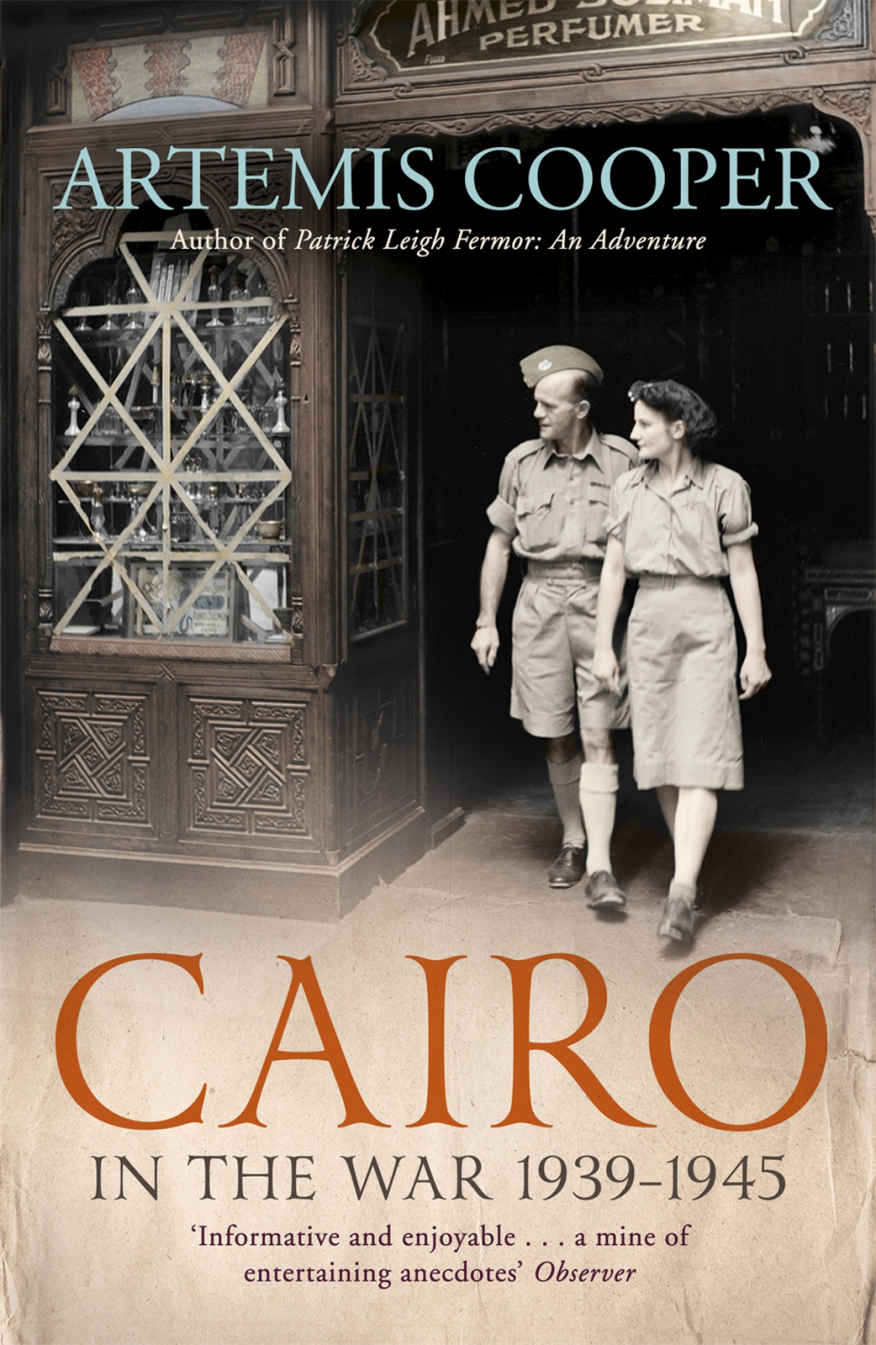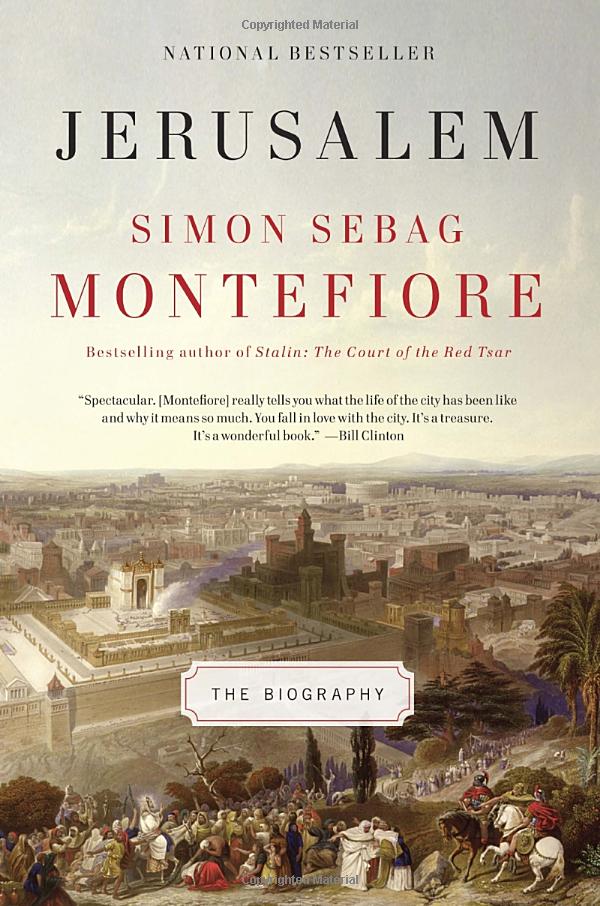Interesting History Books
How the Post Office Created America: A History
A masterful history of a long underappreciated institution, How the Post Office Created America examines the surprising role of the postal service in our nation’s political, social, economic, and physical development.
The founders established the post office before they had even signed the Declaration of Independence, and for a very long time, it was the U.S. government’s largest and most important endeavor—indeed, it was the government for most citizens. This was no conventional mail network but the central nervous system of the new body politic, designed to bind thirteen quarrelsome colonies into the United States by delivering news about public affairs to every citizen—a radical idea that appalled Europe’s great powers. America’s uniquely democratic post powerfully shaped its lively, argumentative culture of uncensored ideas and opinions and made it the world’s information and communications superpower with astonishing speed.
Flying Tigers: Claire Chennault and His American Volunteers, 1941-1942
During World War II, in the skies over Rangoon, Burma, a handful of American pilots met and bloodied the “Imperial Wild Eagles” of Japan and won immortality as the Flying Tigers. One of America’s most famous combat forces, the Tigers were recruited to defend beleaguered China for $600 a month and a bounty of $500 for each Japanese plane they shot down–fantastic money in an era when a Manhattan hotel room cost three dollars a night.
To bring his prize-winning history of the American Volunteer Group up to date, Daniel Ford has twice rewritten his original text, drawing on the most recent U.S., British, and Japanese scholarship, along with new information about AVG pilots and crewmen, their Royal Air Force colleagues, and their Japanese opponents.
Cairo in the War: 1939-45
For troops in the desert, Cairo meant fleshpots or brass hats. For well-connected officers, it meant polo at the Gezira Club and drinks at Shepheard’s. For the irregular warriors, Cairo was a city to throw legendary parties before the next mission behind enemy lines. For countless refugees, it was a stopping place in the long struggle home. The political scene was dominated by the British Ambassador Sir Miles Lampson. In February 1942 he surrounded the Abdin Palace with tanks and attempted to depose King Farouk. Five months later it looked as if the British would be thrown out of Egypt for good. Rommel’s forces were only sixty miles from Alexandria—but the Germans were pushed back and Cairo life went on.
Jerusalem: The Biography
Jerusalem is the universal city, the capital of two peoples, the shrine of three faiths; it is the prize of empires, the site of Judgment Day and the battlefield of today’s clash of civilizations. From King David to the 21st century, from the birth of Judaism, Christianity, and Islam to the Israel-Palestine conflict, this is the epic history of three thousand years of faith, slaughter, fanaticism, and coexistence. In this masterful narrative, Simon Sebag Montefiore brings the holy city to life, through the people who created and destroyed it—from Herod, Cleopatra and Nero to Churchill, Rasputin and Truman—and draws on the latest scholarship, his own family history, and a lifetime of study to show that the story of Jerusalem is truly the story of the world.










